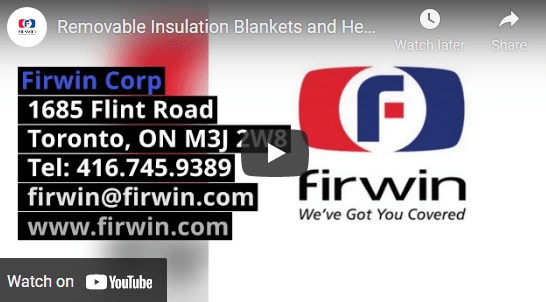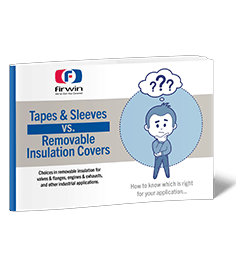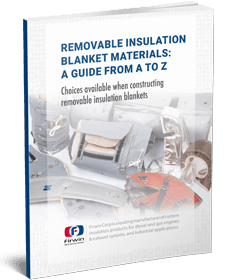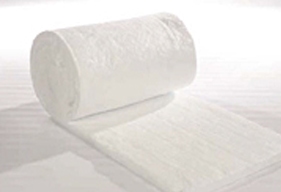
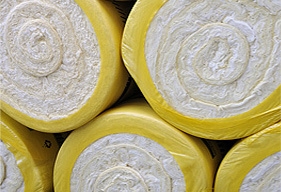
Making sure you select a material that can withstand the parameters of your application is a central requirement when choosing a high-temperature thermal insulation product. There are a variety of materials that can be used for insulation, and your selected material must be able to tolerate the specific demands of your equipment and operational environment.
High-Temperature Applications
When choosing an insulation solution for high-temperature environments, the tolerances of considered materials should be carefully examined to ensure safe operation and long service life.
Typical applications that experience high temperatures include:
- Furnaces and boilers
- Ovens and kilns
- Expansion joints
- Flanges
- Heat exchangers
- Compressors
- Turbines
- Chillers
- Incinerators
- Catalytic converters
- Engine & Exhaust Components
- Welding
- Dryers
- High-pressure steam piping
High-Temperature Insulation Materials
There is a range of insulation materials suitable for high-temperature usages, such as:
- Fiberglass
Fiberglass offers superb flexibility and dimensional stability for temperatures up to 1200º F. User-friendly with little odor or smoke, fiberglass will not corrode the metals it protects. One of the most common insulation materials, fiberglass is used in a wide array of everyday applications. - CMS Wool
Even though CMS wool is marginally more expensive than fiberglass, it is odorless and can withstand temperatures up to 2192º F. CMS wool is used in a broad range of common applications. - Super Wool
Super wool features a distinct low biopersistance and therefore requires fewer safety and health requirements when managing the material. Super wool exhibits low heat storage capacity and low thermal conductivity, as well as exceptional thermal shock resistance. Able to withstand a temperature range of 500º to 2000º F, common applications for super wool include domestic appliances, furnaces, kilns, laboratory ovens, boiler lining, reformers, fire protection, high-temperature gaskets, turbine insulations, expansion joints, and industrial equipment. - Ceramic fiber
This material is inorganic, smoke-free and features above-average insulation properties, low heat storage capacity, low thermal conductivity, and dependable thermal shock resistance. It is suggested for use in applications exceeding 2000º F. Typical applications of ceramic fiber include furnaces and kilns, high-temperature gaskets, expansion joints, boiler lining, laboratory ovens, reformers, and fire protection. - Polycrystalline Fiber
Made primarily of aluminum and silicon, polycrystalline fiber is created by using sol-gel technology. Double-needled fibers make polycrystalline fibers particularly strong and flexible. They can endure temperatures up to 2912º F and are tolerant of chemically destructive, oxidizing, or atmospherically reduced environments. Common applications include ceramic kilns and furnace linings.
Insulation materials come in a variety of options, and knowing which one to choose is crucial to effective and safe operation. Let us help select which option will work most effectively for your application. To learn more, please view our high-temperature insulation products or request additional product information.

